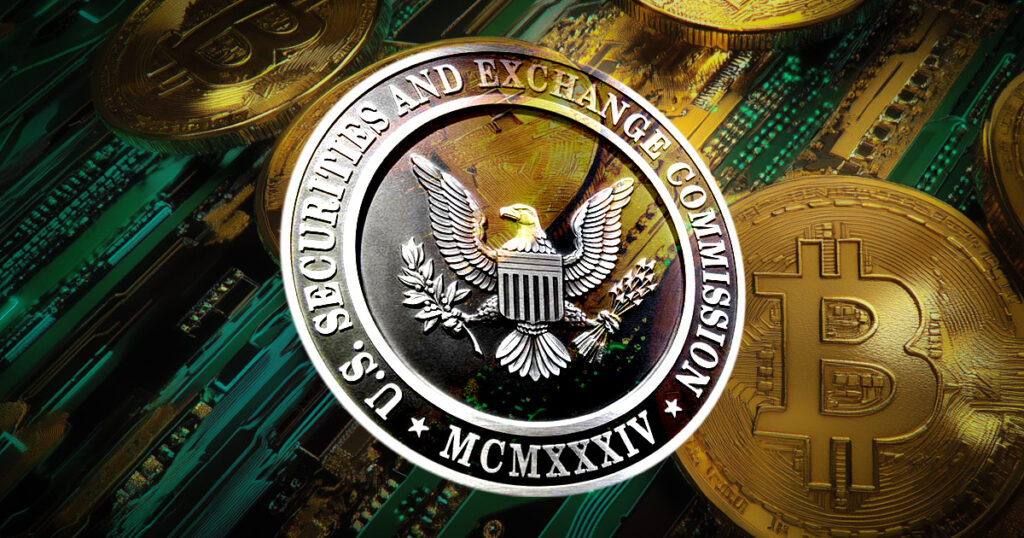
The SEC Crypto Task Force met strategy -executive chairman Michael Saylor, representatives of the Crypto Council for Innovation and Miter Corporation to discuss the best approach to regulate crypto assets in the US on 21 February.
According to Memos shared by the SEC, the staff of the Task Force has assessed a framework document that a crypto taxonomy and a regulatory structure defined during the meeting.
The document classifies digital raw materials such as Bitcoin (BTC), digital effects that are linked to issuers, digital currencies supported by Fiat, digital tokens with defined utility, non-favorable tokens for unique digital applications and digital abbt-activa to physical commodities.
It establishes rights and responsibilities for issuers, exchanges and power owners by calling for fair disclosure, transparent custody practices and compliance with local laws. The framework also proposes standardized disclosures, compliance with the industry and limits for the issue of assets and maintenance maintenance.
In addition, the presentation of Saylor emphasized the potential for faster and cheaper issue of assets, broader market access and a shift in capital markets that can strengthen the US dollar and reduce the national debt through strategic measures such as a Bitcoin reserve.
Re -visoring
Representatives of the Crypto Council for Innovation (CCI) recommend clarifying the regulatory treatment of deployment services, passive blockchain data platforms and on incentive-based rewards.
The meeting included 20 representatives of several crypto players, such as Coinbase, A16Z and Filecoin Foundation.
They proposed that guidelines or no-action exemption were issued to confirm that bona fide-based services and related infrastructure providers are not subject to securities laws. With this change, crypto-exchange-related products can enable to include activities in their archives.
The CCI also recommends that platforms offer blockchain exploration tools and non-required Web3 marketplaces, are excluded from the definitions of brokers, trade fairs or alternative trade systems when these platforms only offer access or data resource functions.
The recommendations further asked for guidance to define non-security status for non-fungal tokens that are mainly used as artistic works, collecting objects, virtual country or similar non-financial applications.
Additional proposals include issuing no-action letters, pausing enforcement actions that are only compliance and changing regulations processes to take into account decentralization and trade on chains. These measures are intended to balance the protection of investors with support for industrial innovation.
The Council insisted on the SEC to build on earlier decisions and the momentum in the industry to improve the clarity of the regulations and protection of investors in the US.
Research -driven Insights about Stablecoins
Miter Corporation presented research and development activities aimed at the cryptomarket and the implications of the regulatory legal.
As the federally financed research and development center of the US Treasury, the company operated the company on its work on a logic-based approach to Stablecoin regulations, the development of workflow tools to support commentary processing and use policy visualization systems to identify legal dependencies.
Miter also described his platforms for sharing digital threats and a framework for cyber threats for crypto.
Research results that were discussed during the meeting revealed hidden centralization within decentralized finances, emphasized the need for bank stress tests in scenarios that link decentralized finances (Defi) and traditional financing, and suggested to reduce electricity at the smart contract level .
Miter’s technical work is designed to support SEC regulations by offering data-driven insights and innovative tools to develop a regulatory framework that is able to tackle the ecosystem of digital assets.
The meeting is concluded with an extensive evaluation of proposals and research aimed at setting up a regulatory framework that supports innovation and at the same time guarantees market integrity.

